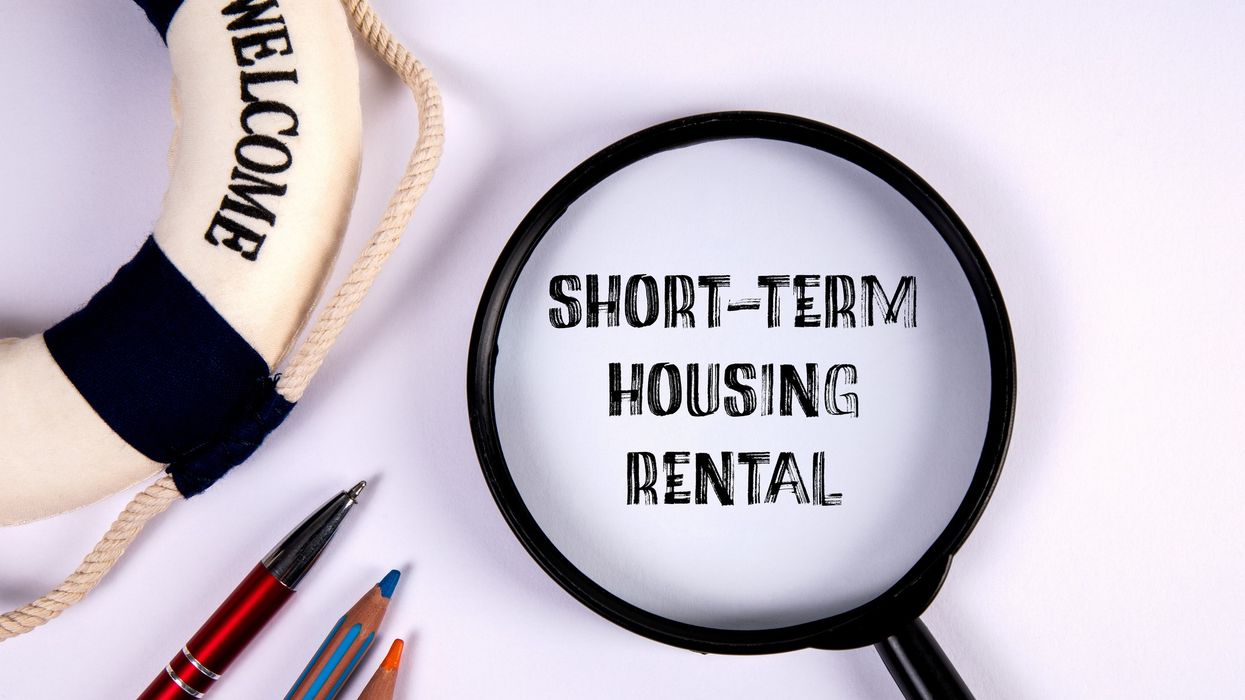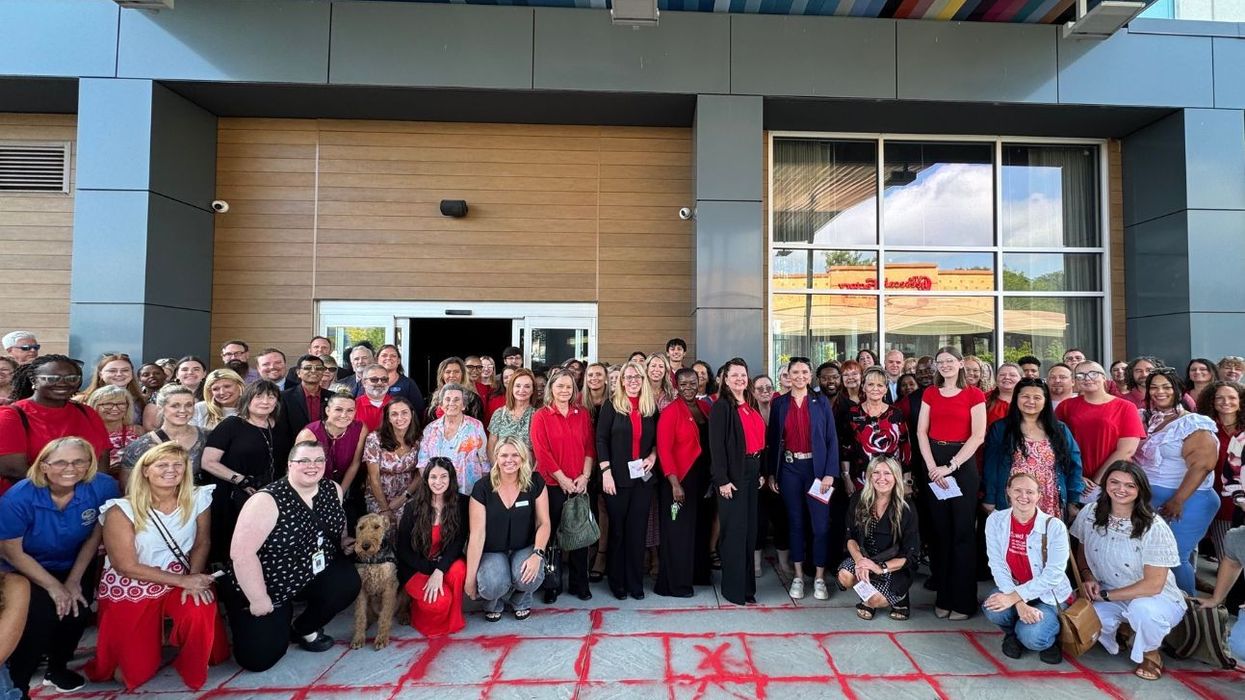Summary:
- The U.S. hotel transaction market in 2025 has shifted toward sub-$50 million deals, according to CoStar.
- U.S. tariffs and other macro factors are raising renovation and procurement costs, complicating value-add strategies.
- Financing for sub-$50 million deals includes 7 percent fixed-rate loans for stabilized assets and floating-rate loans for renovations; regional banks remain active but often require full recourse.
THE U.S. HOTEL transaction market in 2025 has shifted toward deals under $50 million, according to CoStar. Despite economic uncertainty and a slower pace earlier in the year, investors continue to pursue opportunities in this segment.
Hotel deals under $50 million accounted for 47 percent of investment volume in the first quarter, according to “JLL Hotels & Hospitality’s May 2025” report. While this segment rarely makes headlines, it represents a substantial share of both the transaction market and the broader hotel industry, the report said.
Hospitality Real Estate Counselors reported selling more than 50 hotels by mid-June, all within the mid-market segment. The marketing period for hotels is about six months, with closures expected within five months.
Expectations vs. valuations
Elliott Estes of Woodmont Lodging noted a 10 to 20 percent gap between seller expectations and valuations, often driven by property improvement plans and higher debt costs, according to the report.
Sellers’ expectations often differ from buyers’ valuations due to improvement costs and higher debt, creating a bid-ask gap that complicates transactions, the report said. Some owners opt to sell individual properties rather than portfolios to achieve better pricing. Macroeconomic factors, including U.S. tariffs, affect renovation costs and procurement, adding complexity to value-add strategies.
Atlanta-based Peachtree Group, which renovates hotels, evaluates acquisitions based on renovation timing, procurement sources, purchase price, net operating income and capitalization rates. Led by CEO and managing Principal Greg Friedman; CFO and Managing Principal Jatin Desai and Principal Mitul Patel, the firm surpassed $2 billion in hotel projects in February, with 48 hotels nationwide, including 10 in opportunity zones.
The market includes established hotel owners, operators and new entrants. Many sellers seek to recycle capital by divesting older properties and pursuing higher-return opportunities. Baby boomers nearing retirement are assessing the market value of their hotels. Some deals are driven by fund cycles, upcoming renovations, or debt maturity.
New entrants, described as "non-digital buyers," include individuals with backgrounds in other real estate sectors. These buyers often avoid visibility and are exploring opportunities in hospitality. Another group, known as "hometown heroes," consists of local business figures investing in hotels for returns.
Loan options
For hotel deals under $50 million, financing options include fixed-rate loans at about 7 percent for stabilized properties and floating-rate loans for larger renovations, the report said. Regional banks are active but often require full-recourse loans, which some buyers avoid.
Larger buyers consider overall debt costs when assessing pricing, CoStar said.
Interest rates remain a key factor, with expectations that reductions could spur activity. Strong lender relationships can help secure financing, especially in smaller markets. Larger buyers may face challenges from higher financing costs, but deals are still occurring.
The outlook for the second half of 2025 points to continued activity in the sub-$50 million hotel segment. Although earlier expectations for higher transaction volume have not been met, some indicators suggest potential growth. Greater policy clarity and any cuts to the Federal Funds Rate could support more transactions.
The recent tax bill may influence activity as family offices and high-net-worth individuals seek returns. These investors have the capacity to pursue deals between $5 million and $20 million. As smaller players expand and larger ones explore lower-priced deals, the market continues to evolve.

















